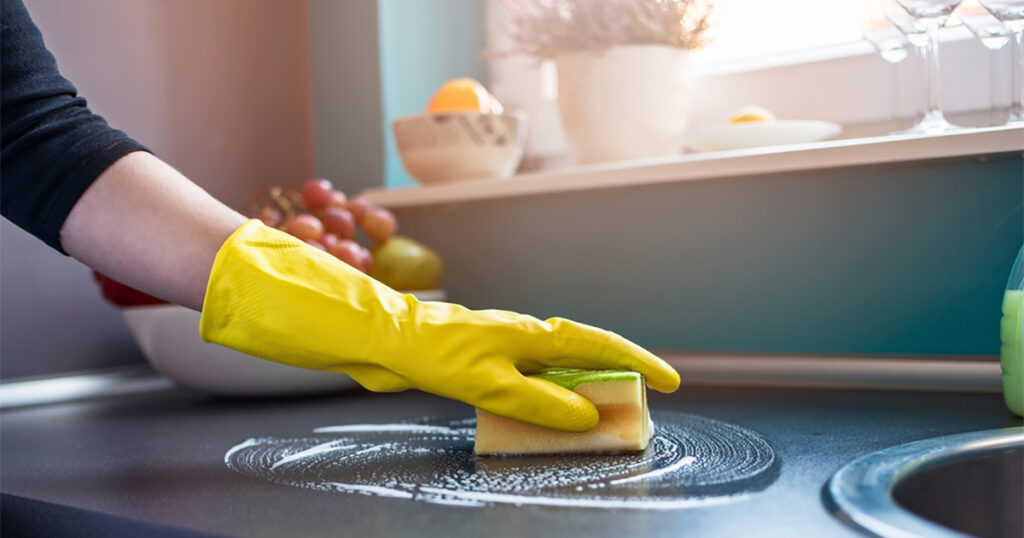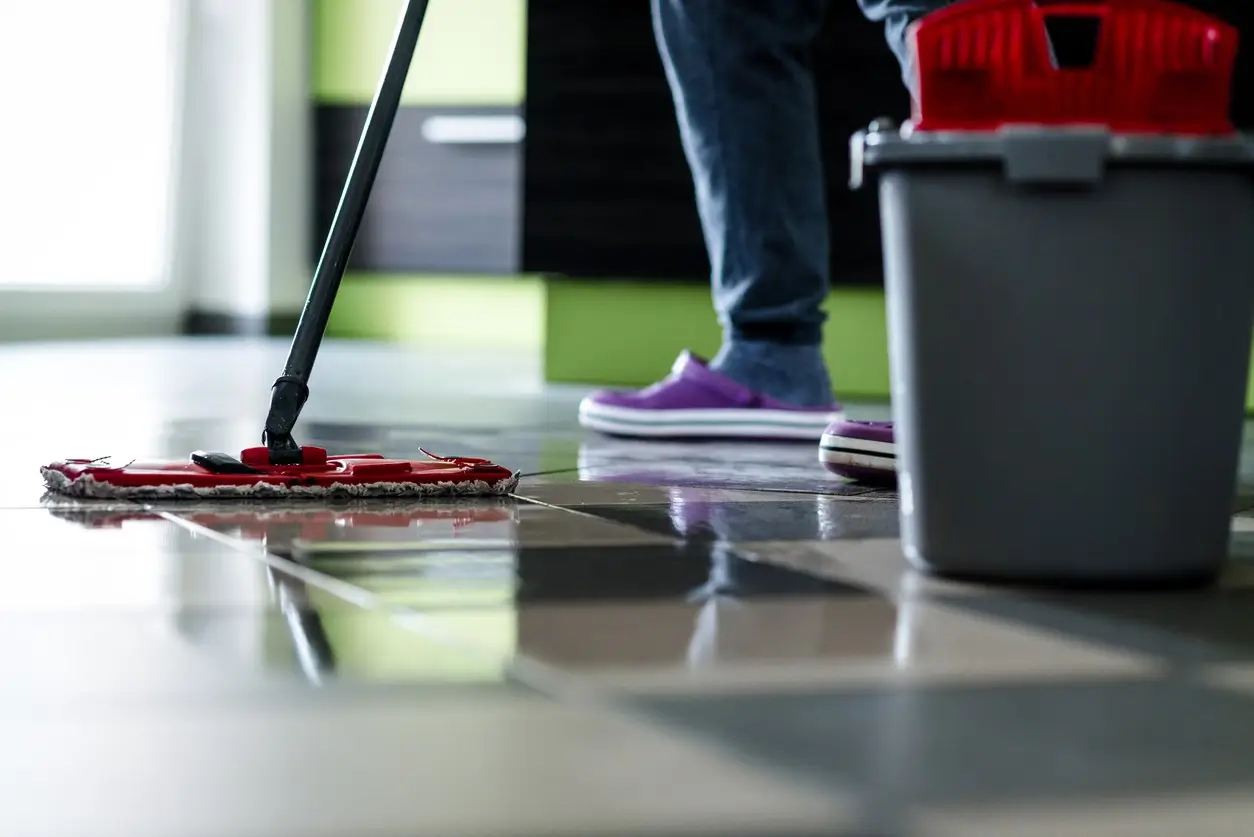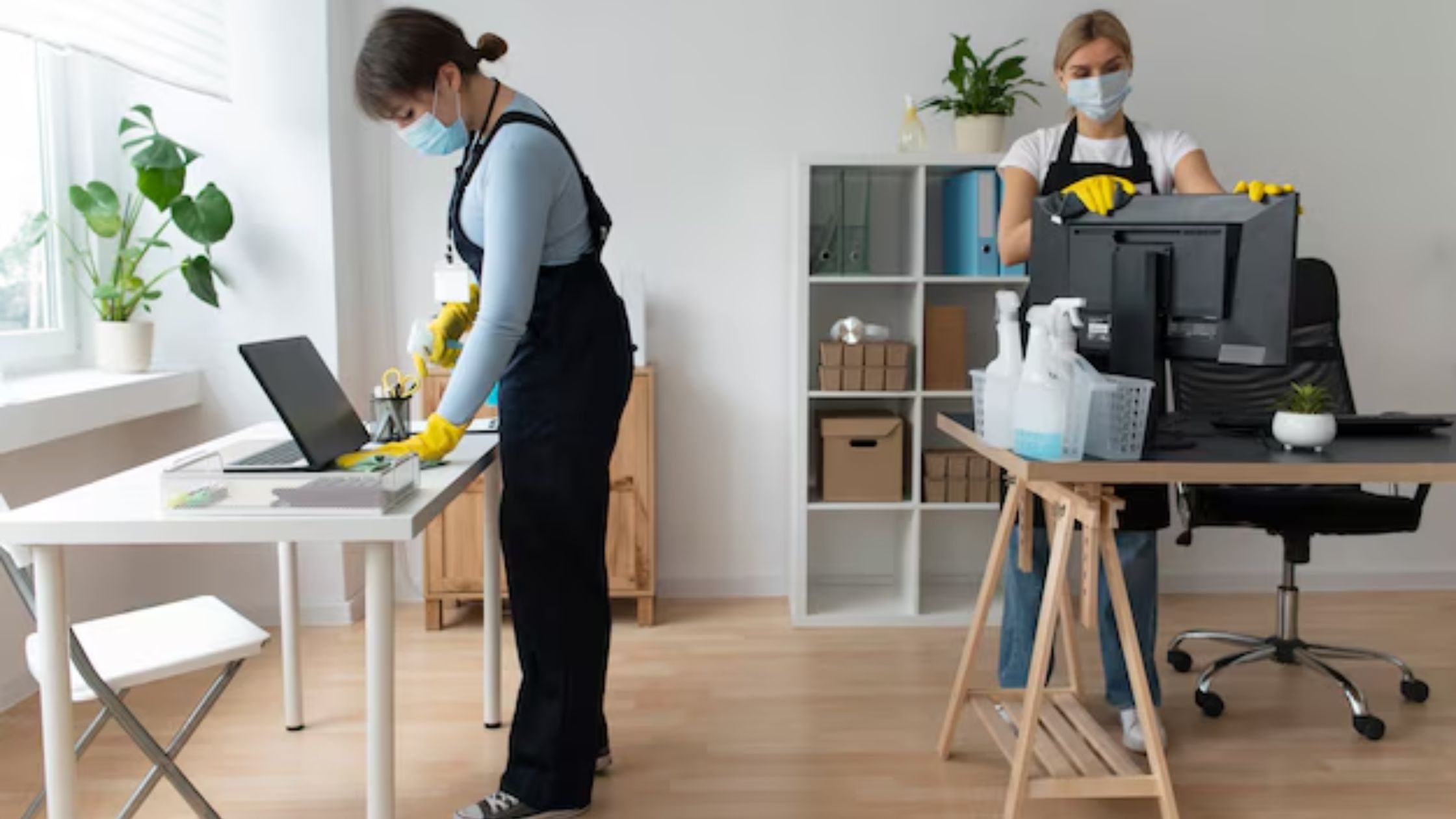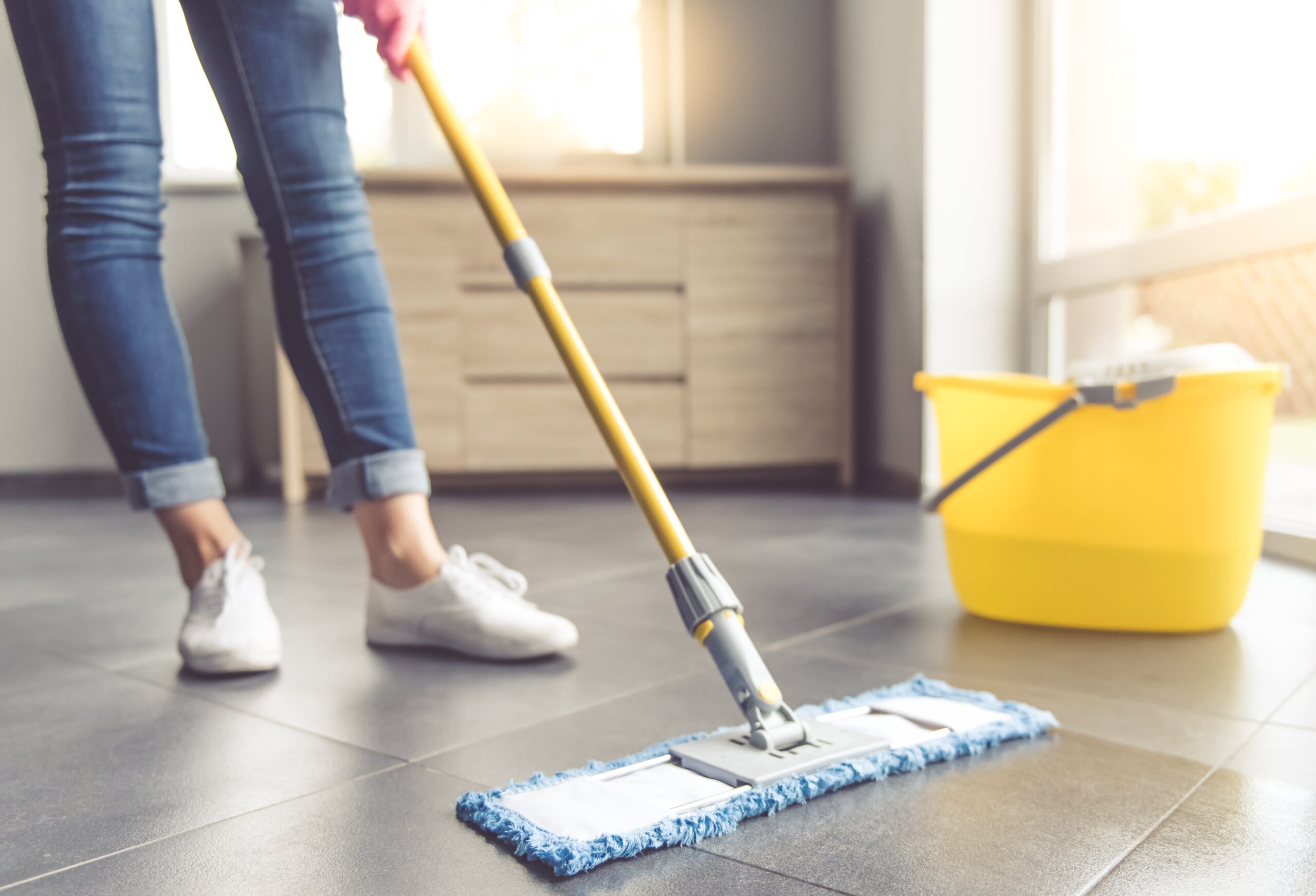
Tenant’s Guide to End-of-Lease Cleaning Rights & Duties
Hey, Tenants! Are you leaving your rental apartment? And are you worried about your end of lease cleaning rights? So, this guide is for you.
Welcome to the essential guide on tenant rights and responsibilities when it comes to end of lease cleaning. This comprehensive overview will provide you with all the necessary information and expert advice you need to confidently navigate through the end of your tenancy, ensuring a smooth and dispute-free experience.
Whether you’re living in bustling cities like Melbourne, where rental properties are in high demand, or anywhere else across Australia, understanding your duties and what you’re entitled to as a tenant can significantly impact the retrieval of your bond and enable a better relationship with your landlord.
One of the most important things to understand is the service of end of lease cleaning in Melbourne and why you should take advise from professionals regarding your rights as a tenant.
So, let’s dive into the details and set the stage for your successful move-out with our expert tips and insights.
Difference Between Regular and End of Lease Cleaning
Regular cleaning involves basic tasks such as dusting, vacuuming, and mopping, end of lease cleaning goes beyond to include deep cleaning of every nook and cranny of the premises. This includes cleaning inside appliances, windows, and blinds and removing stubborn stains on carpets and walls.
The objective is to maintain cleanliness and restore the property to its state at the start of the tenancy, per the lease agreement’s conditions.
Tenant Rights Explained
Entry Condition Report and Its Significance
The entry condition report is a pivotal document that records the property’s state when the tenant moves in. This report details the condition of each item and area within the property, allowing tenants to add comments if they disagree with any assessment. It serves as essential evidence in disputes over bond refunds at the end of the tenancy. Tenants are advised to take photographs or videos upon moving in to support their claims further, ensuring a smoother exit process.
Security Deposit Rules and Regulations
The security deposit, often equivalent to a few weeks’ rent, acts as a safety net for landlords against potential property damage. By law, if a security deposit (bond) is collected, it must be lodged with a Residential Tenancies Authority within ten days, and the tenant should receive a receipt and notification from the Authority. Regulations stipulate that a landlord can request up to 4 weeks’ rent for properties with a weekly rent of up to $700. For properties exceeding this rent, the deposit amount is negotiable.
Privacy Rights and Property Inspections
A tenant’s right to privacy is protected under the law. Landlords must provide proper notice before conducting property inspections or entering the premises for repairs or other reasons. Generally, landlords are allowed to inspect the property once every three months with a seven-day notice. For additional access reasons, a 24-hour notice is typically required. This ensures tenants can enjoy their rented property peacefully, without unwarranted disruptions.
Knowing your end of lease cleaning tenant rights and responsibilities as a tenant is crucial for a smooth tenancy and the triumphant return of your security deposit. Should disputes arise, understanding these aspects can help navigate and resolve issues efficiently, emphasising the importance of being informed and proactive about end of lease obligations.
Tenant Responsibilities During End of Lease Cleaning
When your lease draws close, it’s not just about packing your belongings and moving out. There’s a significant responsibility on your shoulders to ensure the property is returned in the same condition it was received, barring normal wear and tear. Let’s dive into the specifics of what end of lease cleaning entails for tenants.
Deep Cleaning Areas of Focus
Are you wondering what does an end of lease clean includes? End of lease cleaning goes beyond the regular weekly tidy-up. This thorough cleaning aims to leave the property spotless for the next occupants. Here are the critical areas you should focus on:
– Ceilings and Light Fixtures: Remove cobwebs and dust.
– Walls and Floors: Clean scuffs off walls and deep clean all flooring.
– Kitchen and Appliances: Pay special attention to the oven, range hood, and other appliances, as well as countertops and cupboards.
– Bathrooms: Focus on the toilet, shower, bathtub, and sink, ensuring they are free of mildew and soap scum.
– Windows and Blinds: Clean inside and out, including frames and tracks.
– Outdoor Areas: If part of your lease, tidy up gardens and patios and sweep footpaths.
Maintaining the Property and Reporting Damages
Throughout your tenancy, it’s essential to maintain the property and immediately report any damage to the landlord or property manager. This proactive approach can prevent more significant issues down the line and might save you from deductions on your deposit. Wear and tear are expected, but significant damages may lead to additional repair costs.
Choosing Cleaning Professionals or DIY
While you can select professional end of lease cleaning in Melbourne services or tackle the job yourself, the end goal remains: returning the property to top condition. Hiring professionals can offer peace of mind, ensuring no spot is missed and potentially making the process smoother. However, if you choose the DIY route, ensure you follow a comprehensive checklist and match the cleaning standards expected by the landlord or property manager.

Navigating Lease Renewal and Termination
The end of a lease can lead to two paths: renewal or termination. Understanding the intricacies of both can help you navigate this period smoothly.
Notice Period and Its Implications
Typically, you are required to provide a notice period if you decide not to renew your lease. This period varies but often ranges around 21 to 30 days, according to most lease agreements. Failing to provide proper notice could result in additional charges or rent obligations.
Conditions Under Sale of Property
If the property you’re renting is sold during your lease, your rights as a tenant generally remain protected until the lease expires. For month-to-month leases, landlords usually provide at least a 4-week notice to vacate the property. Always review your lease agreement for specifics related to property sale scenarios.
Regulations on Rent Increase
Rent increases during the lease term are typically regulated and can only occur if specified in the lease agreement. Landlords must provide a notice before hiking up the rent, often 60 days. The frequency and amount of rent increases may be limited by local laws, ensuring renters are not unfairly burdened.
Understanding your rights and responsibilities as a tenant during and at the end of your lease is crucial. By focusing on a detailed cleaning, maintaining the property, and being aware of the lease terms, you can confidently navigate lease renewal or termination, aiming for a smooth transition to your next home.
Dealing with Disputes and Deductions
When the cleaning standards at the end of a lease aren’t met, or there are damages beyond normal wear and tear, disputes and deductions from the security deposit can arise. Navigating these issues adeptly requires understanding the mechanisms for dispute resolution and the role of professional cleaning services.
Dispute Resolution Mechanisms
In the event of a disagreement between tenants and landlords regarding the condition of the property or the deductions from the security deposit, several dispute resolution mechanisms are available. One influential avenue is the ACT Civil and Administrative Tribunal (ACAT), which provides a structured process for tenants to challenge unfair deductions or disputes over property conditions. Engaging in open communication with the landlord or property manager is also valuable, as it can lead to a mutually agreeable solution without needing formal dispute resolution. Documentation and evidence, such as photographs taken before moving in and after cleaning, can be crucial in supporting your position.
Deductions from Security Deposit and Recourses
Landlords can make deductions from the security deposit for cleaning issues or damage, but they must provide a detailed written notice explaining the reasons and amounts deducted. Suppose a tenant feels that the deduction is unfair or excessive. In that case, they can dispute the decision within 14 days of receiving the notice by appealing to relevant authorities like the ACAT. Tenants must be aware of their end of lease cleaning tenant rights and the specific procedures in their jurisdiction to contest deductions effectively.
Importance of Professional Cleaning Services
Hiring a professional end of lease cleaning in Melbourne service can significantly reduce the potential for disputes over cleanliness at the end of a tenancy. These services are experienced in dealing with the rigorous requirements of end-of-lease cleans and often have checklists approved by property managers, ensuring that every necessary area is adequately addressed.
Professional cleaners can also provide a receipt for their services, which can be presented as evidence of proper cleaning should any disputes arise. While tenants have the right to clean the property themselves or choose their cleaning service, employing professionals who specialise in end-of-lease cleaning can offer peace of mind, save money in the long run by avoiding deductions, and help ensure the total return of the security deposit.
Navigating the end of a lease can feel like a daunting task, especially regarding cleaning responsibilities. Yet, understanding your rights and responsibilities as a tenant can make this process smoother and avoid any unnecessary disputes with landlords or property managers. For the best advice, hire professionals of Clean To Shine for end of lease cleaning in Melbourne; to return the property to its original state, as specified at the start of your tenancy.
End-of-lease cleaning doesn’t have to be a source of stress. Our cleaning professionals understand your end of lease cleaning tenant rights and responsibilities, and by preparing in advance with us, you can leave your rental property in tip-top shape, ready for the next tenants. This helps get your full bond back and maintains a good relationship with your landlord or property manager—a win-win for everyone involved!



